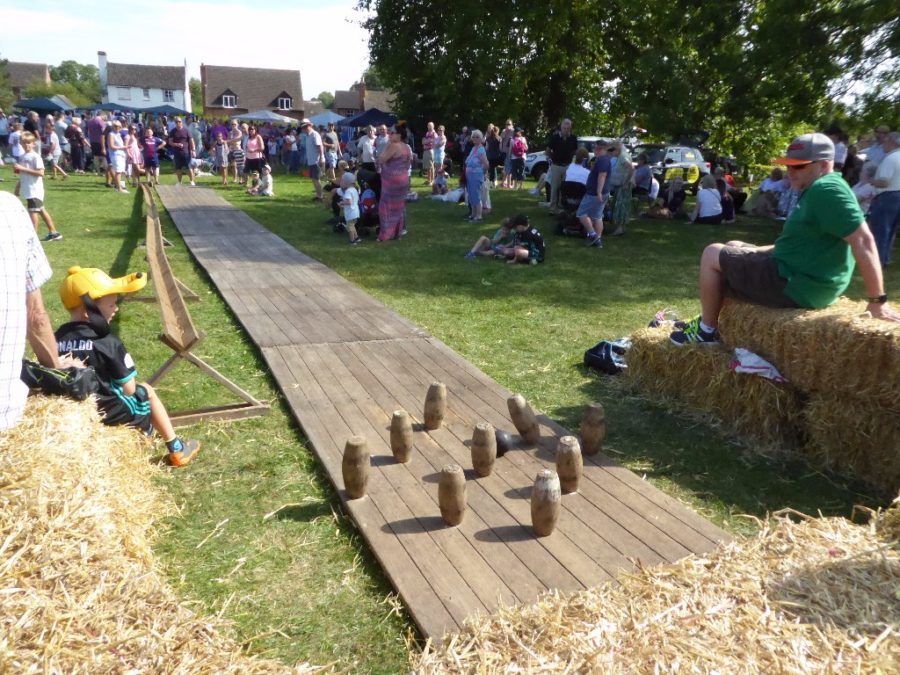Although ‘fate’ and ‘fete’ sound alike, they have very different meanings. Check out our advice below to avoid confusing these terms in your writing.
Fate (An Inevitable Outcome)
The noun ‘fate’ typically refers to what happens to someone or something, especially in terms of an endpoint or final outcome:
Getting old is a fate that awaits us all.
The voters will decide the fate of the party.
The play is about the tragic fate of two lovers.
It often implies a sense of inevitability, too, like the word ‘destiny’. Some even use it to describe a mysterious force that directs our lives:
We hadn’t seen each other for years, but fate brough us together.
‘Fate’ can be a verb, too, particularly in the phrase ‘fated to’. We say that something is ‘fated to happen’ when it is destined to turn out a particular way:
Find this useful?
Subscribe to our newsletter and get writing tips from our editors straight to your inbox.
His size meant he was fated to fail as a jockey.
In all cases, though, this word is spelled ‘fate’ with an ‘a’.
Fete (A Celebration)
The noun ‘fete’ refers to a public event or celebration. In Australian English, this is often a fundraising event held by a charity, church, or school:
Our church fete raised enough money to fix the leaking roof.
However, it can refer more generally to a celebration:
We’re having a big fete to mark the Fourth of July.
As a verb, meanwhile, ‘fete’ means ‘honour someone or something’:
The Apollo 11 astronauts were feted around the world.
In both cases, this word can also be spelled ‘fête’, with a circumflex over the first ‘e’. Either form is fine, but remember to use one spelling consistently.

Summary: Fate or Fete?
These words might sound the same, but you won’t want to confuse them in your writing. Remember the following differences:
- Fate is typically a noun referring to an endpoint or destiny. It can also be used as a verb, such as when we say someone is ‘fated to’ something.
- As a noun, fete (or fête) refers to an public funraising event. The verb ‘fete’, meanwhile, means ‘honour or celebrate someone or something’.
If you struggle to remember which word is which, keep in mind that a ‘fete’ will usually include entertainment such as games and stalls. That way, you can use the ‘e’ at the start of ‘entertainment’ to remind you that ‘e’ is the only vowel in ‘fete’.
For more help with your spelling or word choice, moreover, don’t forget that our team of expert proofreaders is available around the clock.


